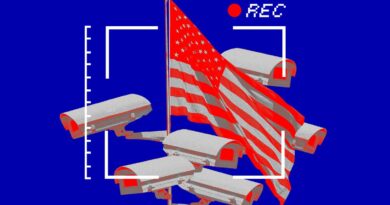Google Photos will soon show you if an image was edited with AI
There’s no putting the genie back in the bottle when it comes to generative AI forever shaking our trust in photos, but the tech industry has a responsibility to at least be as transparent as possible when these tools are used. To that end, Google has announced that starting next week, Google Photos will note when an image was edited with the help of AI.
“Photos edited with tools like Magic Editor, Magic Eraser and Zoom Enhance already include metadata based on technical standards from The International Press Telecommunications Council (IPTC) to indicate that they’ve been edited using generative AI,” John Fisher, engineering director of Google Photos, wrote in a blog post. “Now we’re taking it a step further, making this information visible alongside information like the file name, location and backup status in the Photos app.”
The “AI info” section will be found in the image details view of Google Photos both on the web and in the app.
These labels won’t be limited strictly to generative AI, either. Google says it’ll also specify when a “photo” contains elements from several different images — such as when people use the Pixel’s Best Take and Add Me features. That’s encouraging to see. This metadata can easily be circumvented by those intentionally trying to do so, however.
“This work is not done, and we’ll continue gathering feedback and evaluating additional solutions to add more transparency around AI edits,” Fisher wrote.
Until now, the metadata attached to Google’s AI tools has been pretty much invisible to end users. The lack of any obvious this was made with AI label in Google Photos was a concern of mine back when I sowed a bunch of chaos with Magic Editor’s Reimagine tool, which lets you add AI-generated objects to an image that were never present in the original scene. Google and Samsung both let you do so with their respective AI tools. But Apple, which will roll out its first image generation features with iOS 18.2, has said it is very purposefully steering clear of photo realistic content. Apple’s Craig Federighi said the company has grown “concerned” about AI casting doubt on photos being “indicative of reality.”



